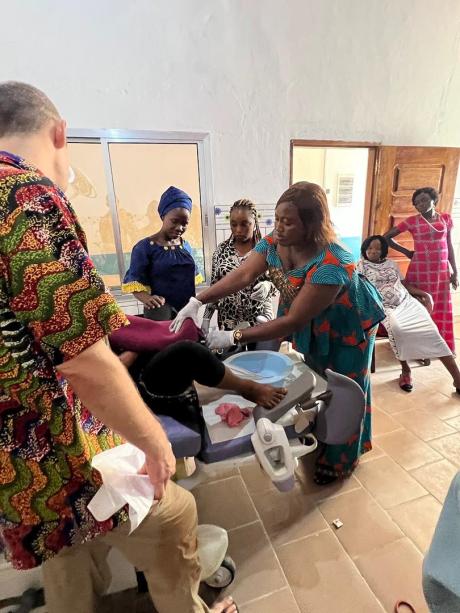
MAF flights provide a vital link to a medical centre that is helping more rural women survive childbirth.
Guinea has high maternal mortality rates, with many women dying due to complications from pregnancy or childbirth. In rural areas, most mothers cannot access trained midwives or obstetricians.
But a clinic in the remote village of N’zao, which relies on MAF flights for a vital link with the capital Conakry, has had a big breakthrough since opening its maternity centre in 2023.
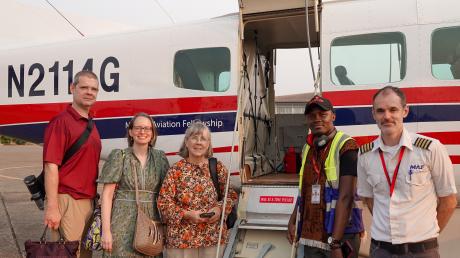
Anna, coordinator of Hope Clinic, said the training of staff and the use of ‘stop bleeding kits’ had made a dramatic difference.
"They were able to get the building, training midwives and by the grace of God, we were able to open the maternity centre and welcome our first birth,” she said.
“We've had live births, we've not lost any mothers, there's been babies born and, as more and more women come and share the good news, they bring more women who understand that they can get good care.
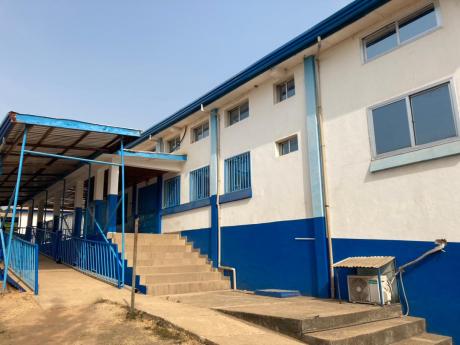
“One major killer of pregnant women is excessive bleeding after delivery. Our midwives received special training focused on stopping postpartum bleeding. While there are well-regimented protocols to stop bleeding after childbirth, the equipment is not readily available in our area.
“Our maternity team put together 'stop bleeding kits' to overcome this logistic hurdle. We were very grateful for that last year when we were faced with a woman who was excessively bleeding, and our average measures were not working. We saved her life using the kit.”
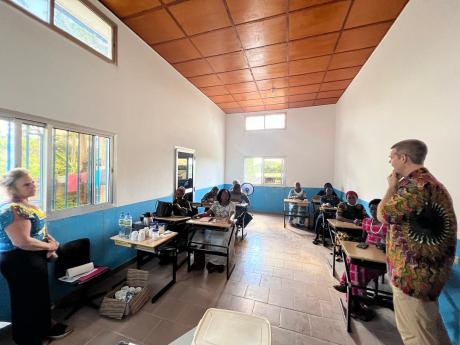
The clinic, which has grown from a small health post to now provide a range of medical services, relies on MAF flights to the nearby town of N’zerekore to transport staff, patients, equipment, and medicines. The alternative is a long journey by road from the capital to N'zao, with security concerns and deteriorating conditions during the rainy season.
Anna flew with MAF from Conakry to N’zerekore accompanied by two doctors: Jannie and Stephen.
“It takes two days just to get back and forth and we really appreciate MAF being available,” said Anna. “We can use their service and it only takes about two hours for the flight. It's helped a lot with our family, but it also helps our clinics.
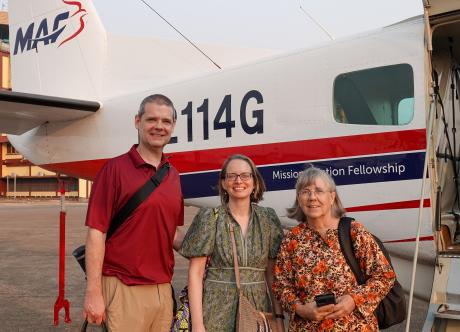
“Here, it's also hard to keep our medical equipment working because of the heat and humidity and dust. And, when they break down, there aren't any parts and there's no one who could come out to fix them for us.”
“There was one time recently when one of the pieces for the laboratories broke down. We were able to call in MAF and they transported this piece of equipment to the capital for us and it was repaired and back to us. It really made a difference in our ability to continue to give good care to the people in the area.”
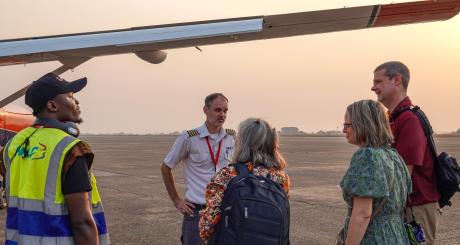
A key service is the growth in maternity care, and Anna is proud of the high standards at Hope Clinic.
“Our midwives have national licences and have completed more training at our hospital,” she says. “Our midwives provide a level of care not available elsewhere. We also have a clean, sterile environment for birth and recovery. There is 24-hour physician coverage, and three physicians perform C-sections as needed.
“When we talked to a young doctor from the village, he shared with us that at least one woman every month would pass away giving birth.”
“It was just hard for me to picture what these women were going through. And so, it's been really encouraging to me to see the change and to see the smile and the healthy baby at the end of the day.”
